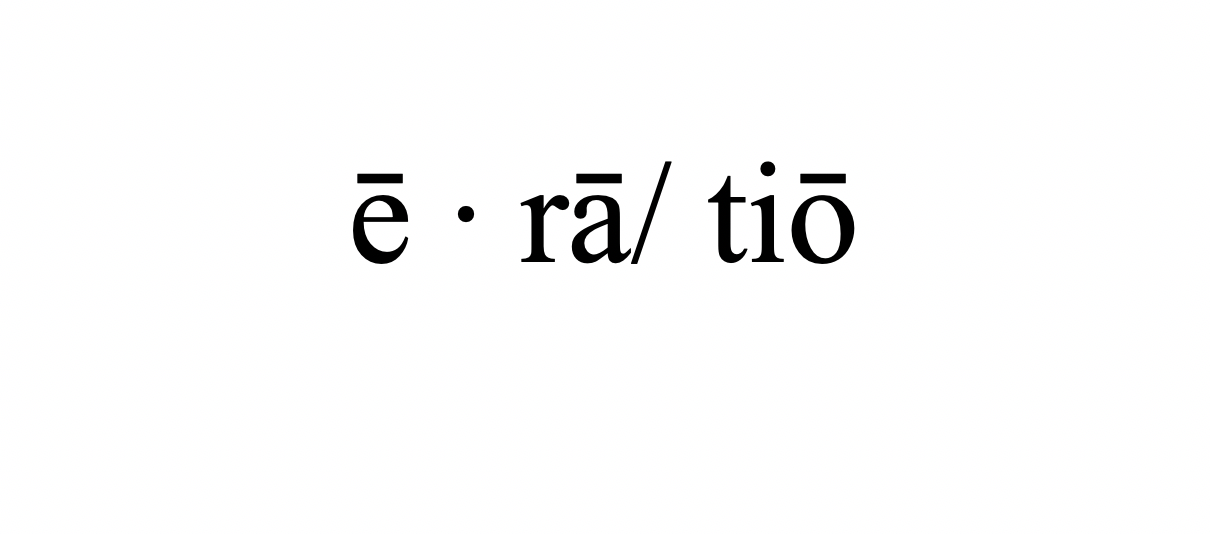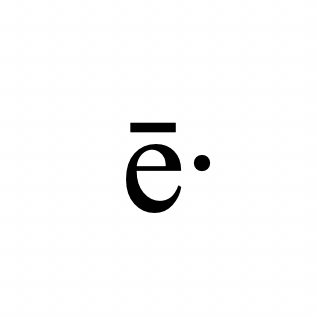Four Poems
Zhu Xiao Di
A Married Couple
A platter of raw oyster shells
Empty glasses of wine, beer, or liquor
The party is over and only one guest
Has not yet left
Don’t forget your jacket
Says the hostess, a blue one in her hand
That’s not mine
The guest responds
A voice rises from behind her
It is mine, declares the host
Untroubledly
一对佳偶
满满一盘生蚝残壳
曾经斟满葡萄酒、啤酒或是烈酒的空杯
酒会已结束,只剩下最后一位宾客
别忘了你的夹克衫
女主人抓起一件蓝色的对他说
那不是我的
客人答道
一个声音从她背后响起
男主人若无其事地说
是我的
Hello
There was always someone
You wanted to talk to
Who wasn’t available at the time
You walked out of the house
Trying to get rid off
The thousands of words
Which you couldn’t pour into
The ears of your friend
Suddenly you heard a greeting
From the frail old lady next door
你好
总是有人
当你想和他(她)说话时
没空
你走出家门
为了摆脱
无法倾注到
你朋友耳朵里的千言万语
突然听得一声问侯
来自邻家脆弱的老太
Redemption
I was your long-awaited son
born when you were over forty-years-old
At your death bed you waited for me
again, in vain. To redeem myself
hopefully I may let you live longer
at least on paper, if not forever
救赎
我是您久盼不至的儿子
出生时您已四十开外
临终前您又在病榻上苦苦等候
因我的迟迟不归而使您绝望。
但愿我能让您活得更久
至少活在纸上
哪怕不能长远
只为救赎
Two Dogs Meet on the Street
Two dogs meet on the street
Who are happier? The dogs or their
owners? The dogs look much
more excited for sure, but their masters
may need this meeting even more
Plus, their happiness is twofold
as they can see empathically
their dogs are very happy too
两只狗在街上相遇
两只狗,在街上相遇
谁更快乐?是狗还是他们的
主人?狗狗看起来
肯定是更兴奋,但他们的主人
或许更需要,这次会晤
况且他们得到,双倍的幸福
因为他们,能看得出
狗儿,也很开心
Zhu Xiao Di is the author of Thirty Years in a Red House (memoir), Tales of Judge Dee (novel), Leisure Thoughts on Idle Books (essays in Chinese), and a few poems, some at ē· rā/ tiō. He contributes to Father: Famous Writers Celebrate the Bond Between Father and Child (anthology), along with John Updike and Winston Groom.

